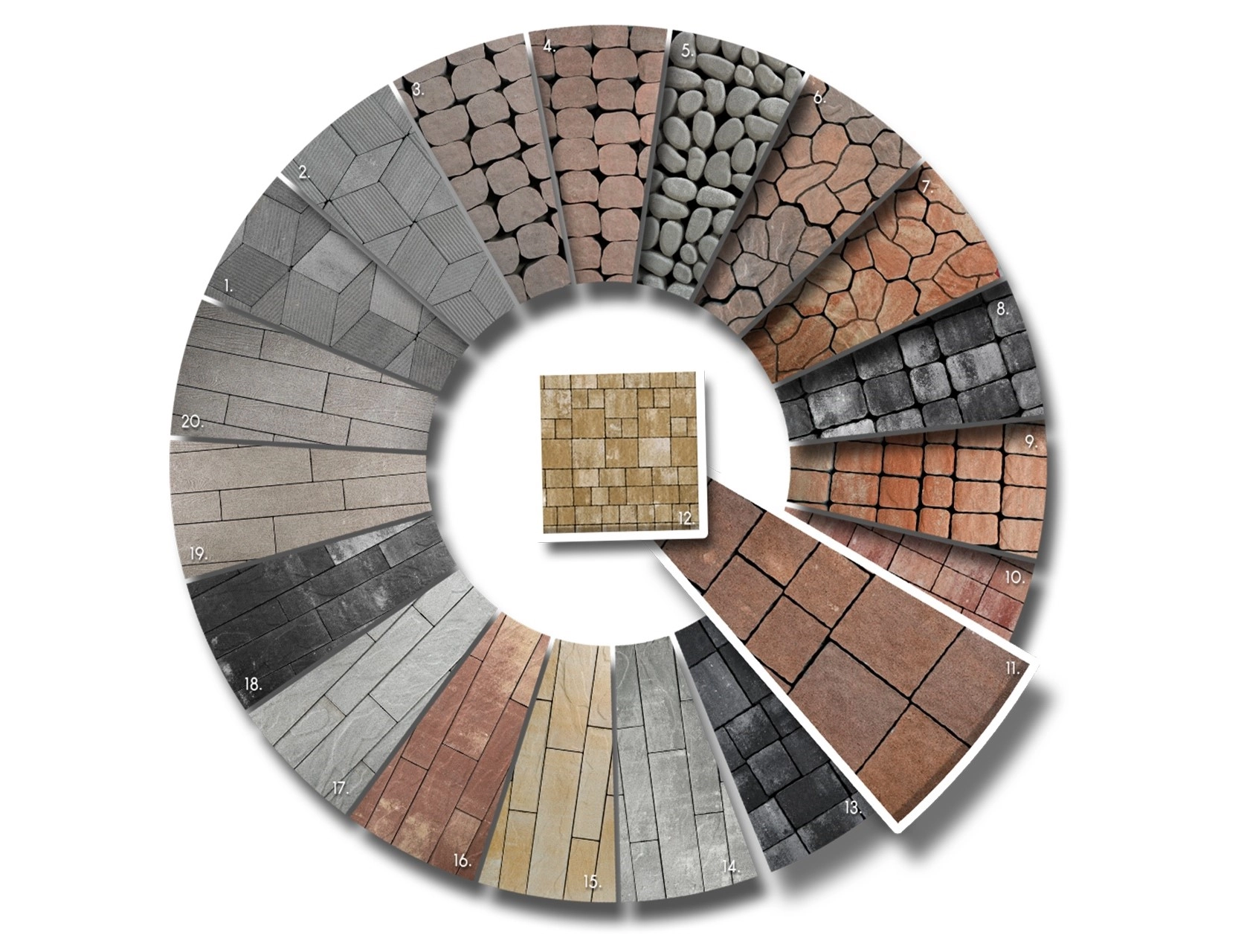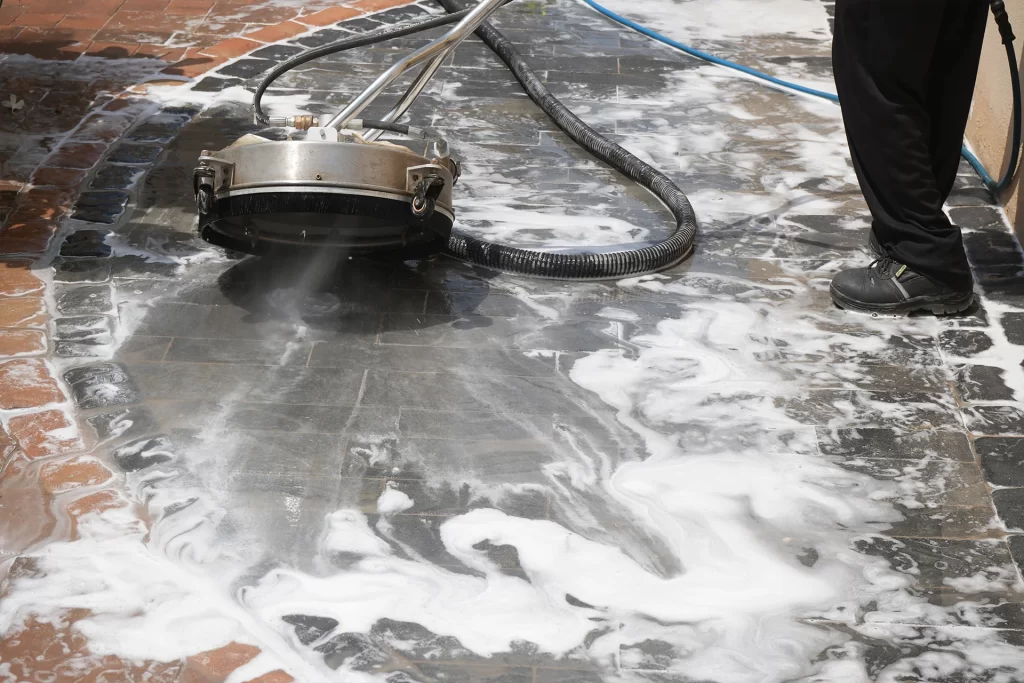BY DUCON OUTDOOR LIVING | PUBLISHED : OCT 24 2023
For your outdoor spaces to last and look well, proper paver maintenance ideas is necessary. Paver projects can change the appearance and utility of your outdoor areas while also adding charm. Pavers are versatile, strong and aesthetically pleasing whether you’re building a magnificent patio, a useful driveway or a lovely garden walk. However, organizing and carrying out a paver project is not without its difficulties, and many homeowners frequently commit simple blunders that can result in expensive mistakes and dissatisfaction.
Rushing into a job without careful planning is one of the biggest mistakes that homeowners make when beginning a paver project. The project’s goal, design, material choice, budget, and timeframe are among the variables that should be taken into account while planning a project properly. A lack of thorough planning could result in future delays and expensive modifications.
Paver Maintenance Ideas
Make Sure to Use the Right Paver Material
Making the appropriate paver material choice is essential to the accomplishment and durability of your project. Durability, color, texture, and upkeep requirements are all distinct qualities of various paver materials. By selecting the incorrect material, you risk having pavers that quickly deteriorate or that do not adhere to your desired aesthetic.

Solution: Research various paver materials, take into account your environment and the space’s intended use, and select one that best meets your requirements. Concrete, brick, natural stone, and clay pavers are common paver materials; each has advantages and disadvantages of its own.
Incorrect installation of pavers
Numerous issues, including as uneven surfaces, loose or sunken pavers, and an overall unstable structure, can result from improper paver installation. This error frequently occurs as a result of disregarding installation recommendations.
Solution: Carefully follow the installation guidelines provided by the manufacturer, or think about hiring a specialist in paver installation. Using edge restrictions, compacting the pavers, and ensuring uniform joint spacing are examples of proper practices.
Ignoring licenses and rules
When working on a paver project, you might be required to get permissions or abide by certain rules in some locations. Legal problems and project delays may result from a failure to verify and adhere to these criteria.
Solution: To find out if you need any permits or have to follow any regulations, get in touch with your local government or regulatory authorities. Comply with all standards to prevent future issues.
Neglecting to maintain paving
Like any other component of your house, paver projects need routine care to stay in good shape. If upkeep is neglected, pavers may develop weeds, lose their color, or become uneven.

Schedule regular upkeep tasks including cleaning, resealing (if necessary), and repairing any cracked or sunken pavers. Your paver project’s life and attractiveness will be prolonged with proper upkeep.
Miscalculating the Budget
Any construction project, particularly paver projects, often makes the typical error of underestimating the costs. Unexpected costs can appear, and failing to plan for them can result in financial stress or a project that isn’t completed.
Create a thorough budget that includes all project expenditures, such as those for supplies, labours, tools,. Financial over-preparation is preferable to experiencing financial difficulties mid-project.